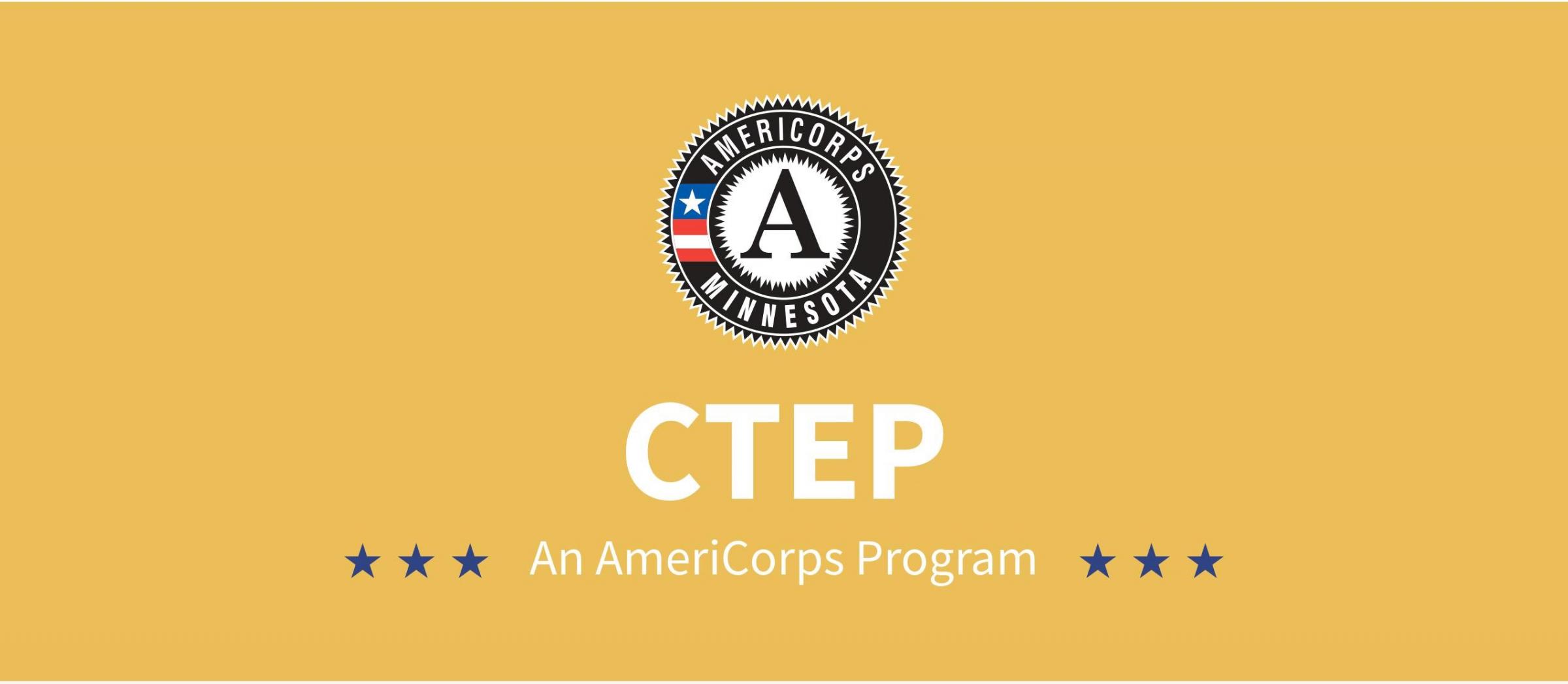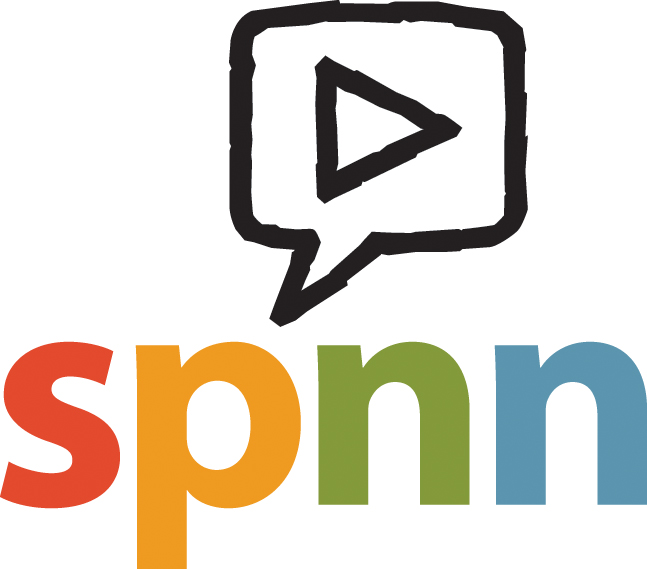Join the Community Technology Empowerment Project! General CTEP AmeriCorps Position Description

Role: CTEP AmeriCorps Digital Skills Instructor
Position Description:
Teach technology for social change! If you have basic computer and technology skills, such as how to use email and the Microsoft Office suite, then you have more to teach than you realize. This is because as many as one in five people do not feel comfortable using basic computers and smartphone technology—which is troubling when you consider how much information, resources, and communication is solely online these days. The Community Technology Empowerment Project (CTEP) was founded in order to improve access to digital skills training and technology in the Twin Cities. Our 35 AmeriCorps members teach digital skills at four main types of Twin Cities host sites: 1) libraries, 2) community media centers, 3) employment centers, and 4) schools for adult learners. These sites integrate technology training to help give adults and youth the 21st century digital skills they need to be successful.
Note: This is a general position description for all CTEP AmeriCorps members. After reading this page, click here to read unique position descriptions for all 35 positions in our program.
About Us:
CTEP is a department of the Saint Paul Neighborhood Network, an organization dedicated to building community through media. SPNN serves as a home base for a tight-knit cohort of 35 AmeriCorps members who meet twice a month for day-long trainings. We take our member support seriously and over 97% of our members successfully complete their year, one of the highest retention rates of any AmeriCorps program in the state. Would you like to make your mark in a dynamic organization dedicated to empowering people to use media and technology to better lives, find employment, create stories and build common understanding? Come join CTEP’s team of creative, dedicated staff and AmeriCorps members in our quest to include as many people as possible in our digital world.
What You Get to Do:
CTEP members teach digital literacy skills for social, civic and economic empowerment. Some people in our program teach basic digital skills, while others teach more advanced skills. You do not have to be a technology whiz to be in our program! As a CTEP member you will:
-
Tutor and teach workshops such as: What is a computer? - How to format a resume - Using Facebook and LinkedIn - Beautiful with blogging - Finding online jobs - Digital storytelling.
-
Create programming and materials. We make each position as meaningful as possible with a 50/50 mix of direct service and capacity building. You will get a chance to develop interesting projects that will make a lasting difference at your site.
-
Be a part of a cohort that annually certifies over 1500 community members in technology skills, of whom 650 later go on to successfully find employment.
-
Work together with other CTEP members on a group civic engagement project in which you tackle an issue related to digital inclusion with outside community agencies.
-
Build relationships with community members and encourage people to reach individualized personal and professional goals.
What We Need From You:
-
Some tutoring or teaching experience
-
Positive track record of completing commitments (job, volunteering, education, etc.) for more than a year or two
-
Experience working with people from a variety of racial, cultural, and economic backgrounds
-
Strong leadership skills with fresh ideas and energy, and a passion for service
Preferred but less essential:
-
Bilingual in Somali, Oromo, Spanish, Hmong, Karen(ni) or another language
-
Experience in volunteer management
Additionally, applicants must have/be:
-
Post-secondary education preferred; minimum High school diploma /GED (or progress toward while serving)
-
Ability to complete 12 months of service, starting in Sept and completing in Aug
-
Basic personal computer/smartphone skills (word processing, internet, email etc.)
-
U.S. citizenship, naturalization, or permanent residency
-
At least 17 years old
Reports to: Site Supervisor and CTEP Program Directors
Schedule: Members serve an average of 37 hours a week, mostly Monday through Friday although some positions may require weekend or evening hours. See site listings for specific requirements.
Benefits: All members receive:
-
A Segal education award of up to $6,095 (upon successful completion).
-
A living allowance of approximately $1000 a month.
-
Payment of federal student loan interest if you put your payments on hold during your year in CTEP (upon successful completion).
-
A head start on the Public Student Loan Forgiveness (PSLF) Program—if you choose to enroll—which has a potential to save you thousands/tens of thousands of dollars on student loans.
-
A personal and professional network through our intensive professional development program which meets twice a month with local change makers and non-profit professionals.
-
Health and dental insurance options
-
Child care assistance (depending on qualifications).
-
A partnership with our local YMCA network which offers free enrollment, heavily discounted membership, and other benefits.
-
Additionally, as a CTEP member you may qualify for state assistance programs such as food assistance of up to $200/month; Transit Assistance Program ($1 bus fares); and Energy Assistance programs which can save you up to $300 over winter months.
Service Term: Full-time: 1700 hours. Start September 2nd 2021; complete by August 31, 2022.
To Apply: Apply online at https://my.americorps.gov and click on “apply to serve” Search for “Community Technology Empowerment Project” when asked where to send the application. Visit our website at spnn.org/ctep.
***
SPNN is focused on building a diverse and inclusive workforce. If you’re excited about this role but do not meet 100% of the qualifications above, we encourage you to apply. St. Paul Neighborhood Network seeks to foster equal opportunity for all to obtain employment, education, public accommodation, and access to telecommunications without regard to race, ethnicity, national origin, color, sex, sexual orientation, gender identity or expression, age, marital status, political belief, religion, immigration status, veteran status, class, creed, mental or physical disability, or status with regard to public assistance and strictly in accord with their individual merits as human beings.
